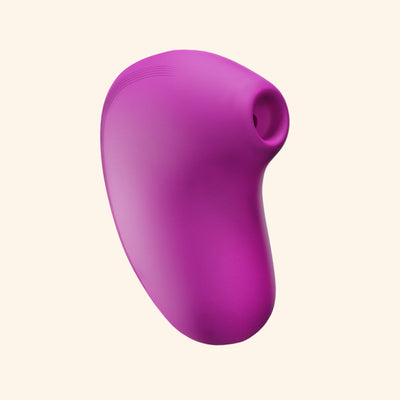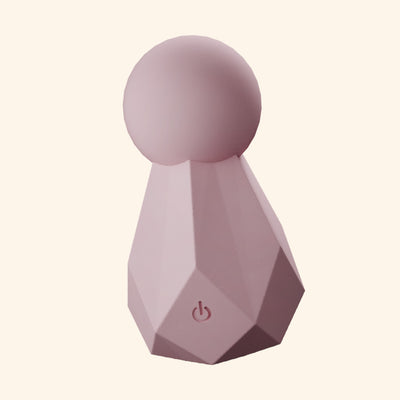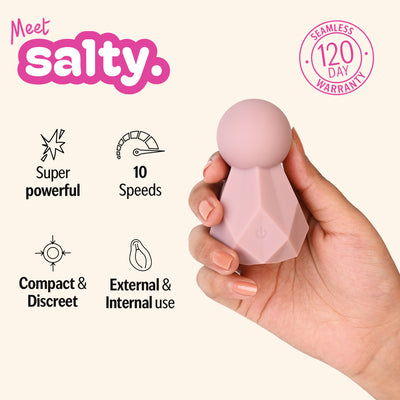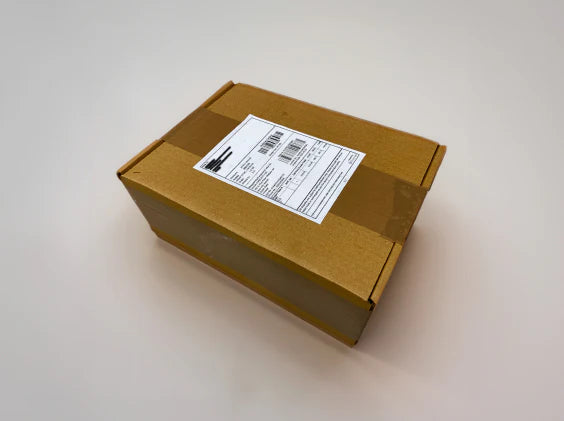Your cart is currently empty
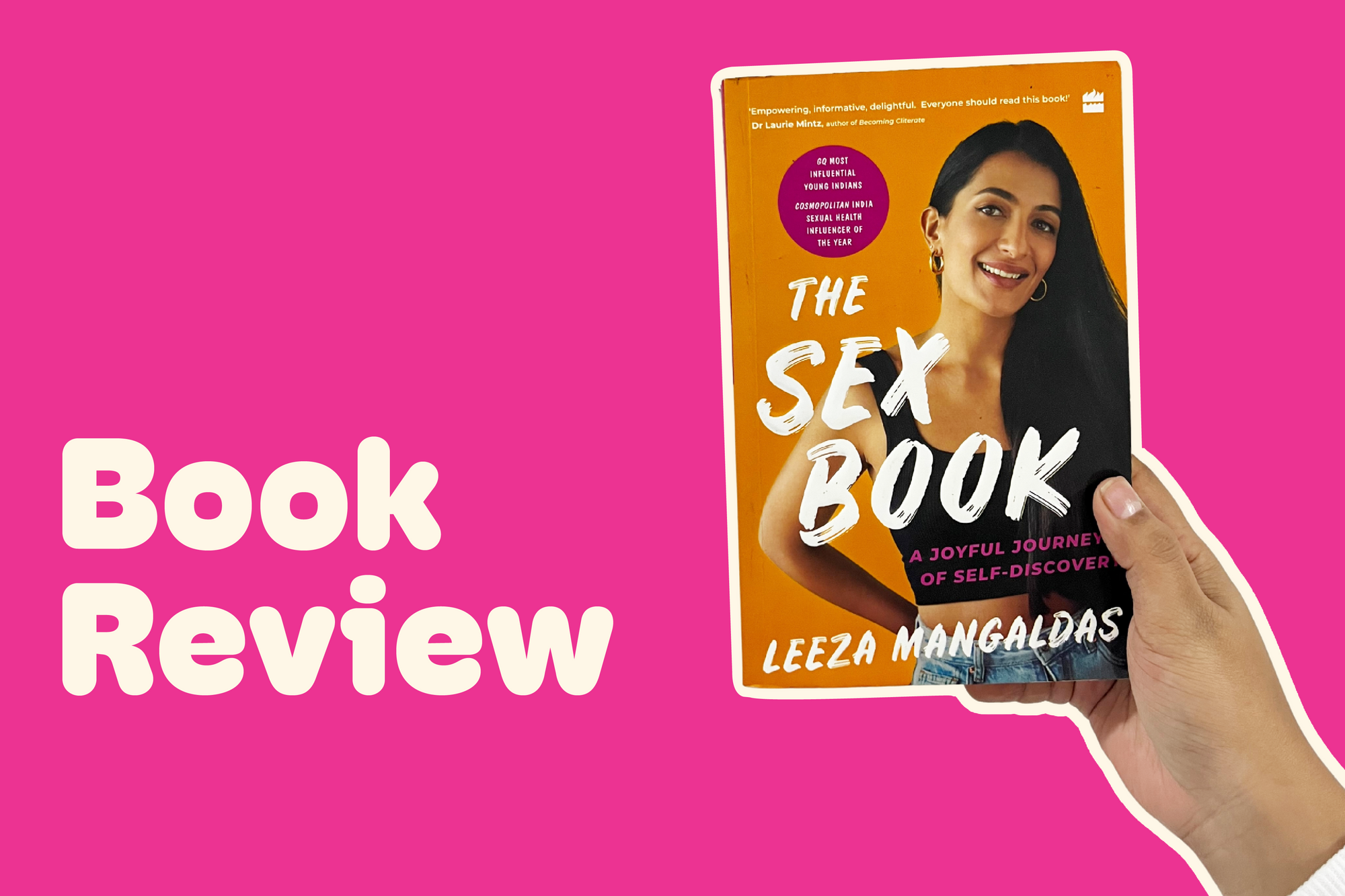
As I was heading to work in a rather crowded ladies' coach in the metro, I noticed several eyes fixated on the book in my hand. This book was Leeza Mangaldas’s, ‘The Sex Book’. During my hour-long journey to Green Park (New Delhi), I kept noticing the looks on people’s faces; there was a woman in her 30s standing next to me who kept staring at me and I swear, at one point I almost had the urge to put my book away, look her in the eyes and smile but I held back. I think I even caught her reading with me. As I moved from one chapter (and, station) to the next, the frown on her face grew. Every now and then, a new person would enter, and I remember how this girl had her gaze fixed on the book cover as she moved from the door to the pole inside the coach. I think before I came to the conclusion that it was a book that caught half of the coach’s attention, my guess was that maybe my outfit was really poppin’ that day. Nevertheless, it’s a win-win for me either way.

Breaking the silence around sex, one chapter at a time
This experience of mine probably encapsulates the typical, shared mindset in a society like ours—when the mere mention of the word ‘sex’ makes a lot of us shudder, and to watch me, a woman, read a book that literally has the word ‘sex’ in its title openly, might have been straight up bizarre. My first thought after this experience, however, was how all these people might have never had access to comprehensive sex or pleasure education when they were younger. They might not have had parents, friends, or safe spaces in whom they could confide about their experiences of intimacy, pleasure, bodies, identity, etc.
In Leeza Mangaldas’s words, “In a perfect world, families would be able to talk about sex.” However, the reality is far from perfect. That’s okay, as long as we are willing to unlearn and let go of the faulty notions, and relearn using resources such as ‘The Sex Book’, that uninhibitedly and empathetically discuss the various aspects of sex, pleasure and intimacy; from bodies to hygiene, from consent to contraception, and from masturbation to orgasms.
The first chapter itself opens up with Leeza's personal anecdote, of how her first sexual experience led her to discover the scrotum. Most of us who’ve grown up looking at the reproductive system diagrams in our school textbooks end up believing that the two balls are markedly distant from each other. What we don’t learn is that there’s a sac that holds them together so they might be perceived as being a unit. In any case, our genitals are as unique as our faces, and that’s how Leeza establishes that our sexual anatomy widely differs, and that’s the beauty of it!
The Takeaways
As someone whose ideas about her own body, sexuality, sexual experience and self-expression have been incessantly challenged, ridiculed, and taken for granted over the years, this book felt like a warm, endearing hug I wish I received when I was young. Leeza Mangaldas’s ‘The Sex Book’ ensures that once you’re finished reading, you know that your experiences of pleasure, identity searching, intimacy, etc., whether good or bad, are seen, validated, and affirmed.
The book follows a simple FAQ format with a storytelling approach that makes it a gripping and relatable read. From vulvas to the scrotum, intimacy to relationships, it covers a vast array of topics while maintaining the right balance between hard-hitting facts and lived experiences.

Types of hymen as illustrated by Ipsita Divedi
I was just 10 but had started to explore my body, masturbating, and even questioning what love or romance was supposed to feel like. Talking about periods was quickly followed by a hush-hush. And, these are our shared experiences, we all have had gaps in our knowledge about ourselves, what sex means, and how we experience pleasure, that we’ve tried to fill by resorting to mainstream porn, films, pop culture references, and the systemic rundown we’ve been fed by the society. None of these sources can provide us with the inclusive, relevant, comprehensive, pleasure-centric sex ed that we all deserve. ‘The Sex Book’ does just that and more in an approachable manner, with each topic reflecting the real-life conundrums and struggles of people. Many of the questions shared in the book as means of starting a conversation are the same questions that have popped up in our heads too about our own sexual experience as a whole.
While reading this book, I realized how I feel more in tune with and empathetic towards myself and my body, the struggles faced, the pain endured, and the strength with which I've been able to own it all and embark upon my pleasure journey. How I wish all those people staring at me in the metro could also read ‘The Sex Book’, maybe their eyes would have been filled with warmth and compassion.
For starters, the book oversimplifies our personal journeys in certain aspects because we all may take very different paths (with respect to the society around us) towards the same goals of pleasure, comfort, and intimacy. For some, it may look like zigzag or intersecting lines, others may run parallel to the societal’s notions about them and many would choose to diverge. Wherever we are in our journeys, given that we still live in a country where there is an evident generational gap in our perceptions about sex, we’re constantly affected by sociopolitical forces that may derail us from our paths. What then? How do we navigate our way back?
Even as well-resourced people, my parents are at a point in their lives where the ideas of ‘comfort’ and ‘pleasure’ have taken a backseat since they come from the conditioning that never let them have these ‘privileges’. They may agree with everything that’s written in ‘The Sex Book’, but would find it extremely hard to translate the same into their own lives because how can they draw a relation? While patriarchy has been detrimental and we’re slowly moving away from it (thanks to the works of many contemporaries including Leeza), what about those folks who have already been affected by the system? What about women in their 70s or 80s? What about women? What about people living with mental health issues? What about neurodivergent folx mapping intimacy in their own way? What about couples and their libidos during postpartum?
I wish one book could have the answers to all these questions, but I do hope to see more books that tackle such topics in the same way (and, better) that Leeza Mangaldas has with her ‘The Sex Book’.
Note to the Readers
I’ve been following the incredible work Leeza has been doing in the sexual wellness space for over 2 years now, and it didn’t come as a surprise to me the ease with which she created a sex-ed handbook that’s not only super friendly and queer-inclusive but also centers on experiences of pleasure, love, safety, joy, and intimacy—not just sex.
With her book, Leeza Mangaldas has laid the foundation for what could be, in her own words, “a world where all sexual experiences are consensual, safe and pleasurable—for everyone, of all genders and sexual orientations.” So, while this book is a start, it is a crucial one for many of us who still feel lost as we navigate our own sexual journeys.
--
Juicy Reads by That Sassy Thing is an initiative where we will review books that align with our vision of making the world a safer, more pleasurable space.
We'll start with reviewing 2 books every month and as we grow, we'll have lots more coming your way!
About the Author

Anuja (she/her) is our Creator-in-Residence. After exploring all the different ways she could talk about who she identifies as, this is the closest she could get: “I’m your quintessential dog hoomum with a blue typewriter, living three blocks away, probably writing about you."
